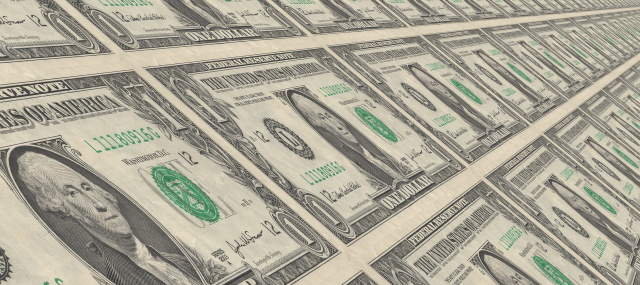Place your bet only if odds represent a value
So what is the expected value? It is the measure of what a bettor can expect to win or lose on average per bet placed on the same odds many times over. Positive expected value represents profit over time, while a negative expected value means a loss over time.
Similarly to calculating implied probability from sportsbooks odds, being able to calculate the expected value (EV) of a bet is fundamental to profitable betting.
The formula for calculating Expected Value is relatively easy – simply multiply your probability of winning with the amount you could win per bet, and subtract the probability of losing multiplied by the amount lost per bet:

The first thing you are going to ask is “how do I know what the probability of winning and losing is?”. Well, that’s the holy grail of betting. You will never know the real probability, but you can certainly get a pretty good estimation using various data sources and tools. For example, you can use FiveThirtyEight’s traditional Elo or their quarterback-adjusted Elo forecasts (https://projects.fivethirtyeight.com/2019-nfl-predictions/games/) and use their estimates of probability in your expected value calculations. I will go through other ways of estimating that probability in one of the upcoming posts.
You might be certain that a -2500 favorite Dallas Stars are going to win against a 1200 underdog Dolphins, but the question you should really ask is: does the odds available represent any value? Most of the time wannabe bettors think “There’s no way the Stars are going to lose this game.” They might win, but is the probability of them winning greater than the implied probability of the odds available? Let’s calculate the expected value of backing Dallas to win.
For now, let’s assume you will use FiveThirtyEight’s quarterback-adjusted Elo forecasts to get the probability of the Stars winning the match:
They estimated that Dallas has a 91% chance of winning (so there’s a 9% chance of a loss). Having that information we can calculate the expected value as follows:

That knowledge should be the main factor in deciding whether to bet or not. You should always stay away from any bets with a negative expected value. Let’s stop here for a moment, as this is the most important thing you should remember from this whole series of posts! If you don’t get value from the odds available, just don’t bet! That single rule will ultimately save you from losing the money and dramatically increase your chance of long term profits. So, in the case above, you should not bet your money on Dallas as the EV is -$134.
Get more value for your buck
As you have no control over probability you should work with the odds available to increase the expected value of your bet. That means you should shop around for the best odds. Even though most sportsbooks offer pretty much the same odds, you can often find some of them are slower with changing odds so there are differences to be found. And these differences may significantly influence your bottom line. That’s why having multiple accounts with different sportsbooks will give you an edge over an average punter using a single sportsbook.
Take some time before placing your next bet and calculate the expected value to decide wheater to bet or not. Use multiple sportsbooks and place that bet where the better odds (value) is offered.
This is the second post in the ‘How to Start Profitable Sports Betting’ series. Below is a list of the remaining posts:
